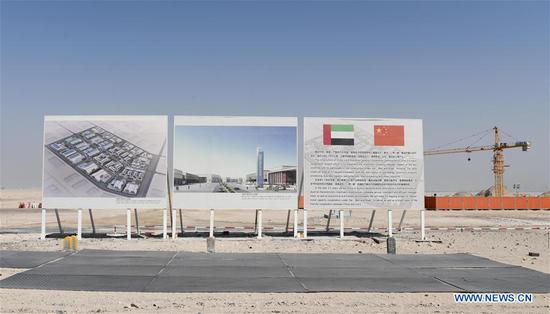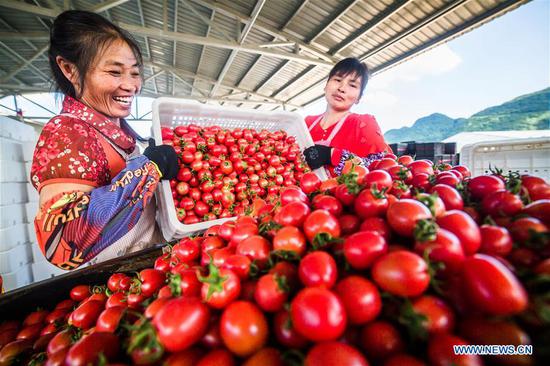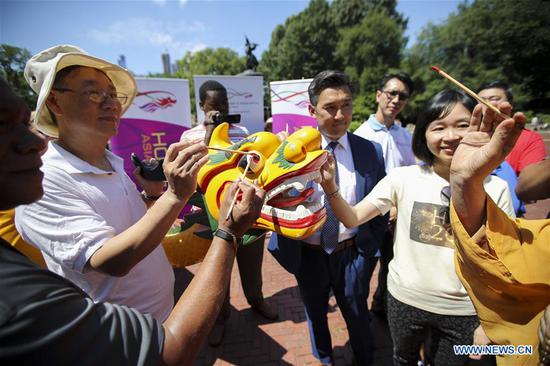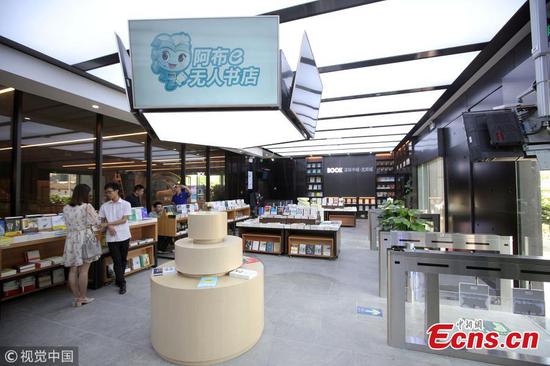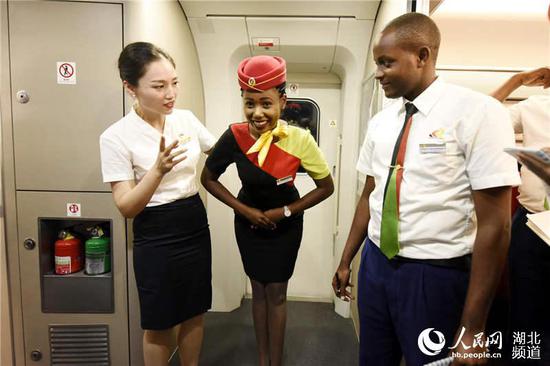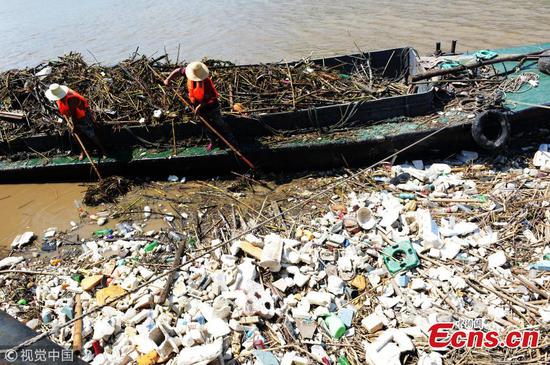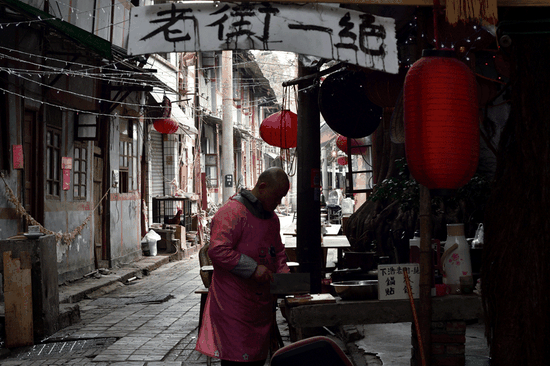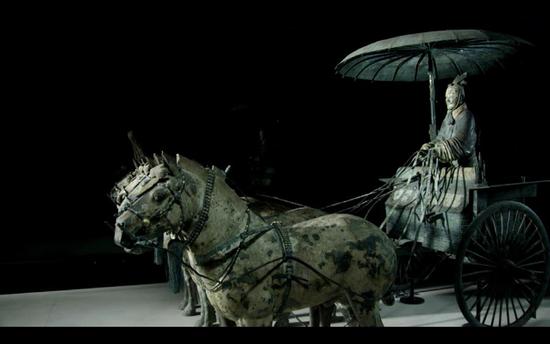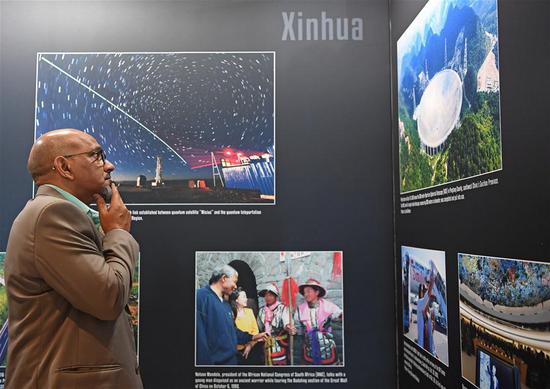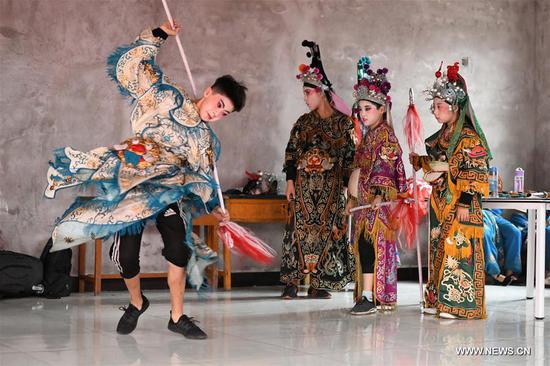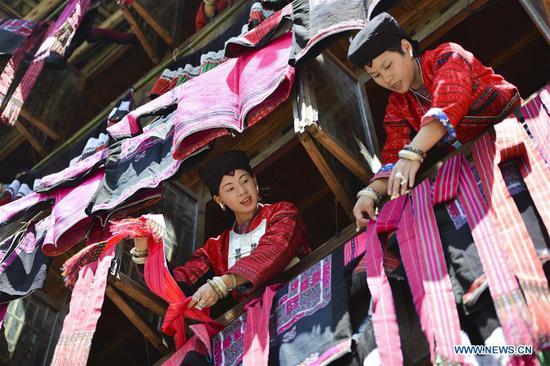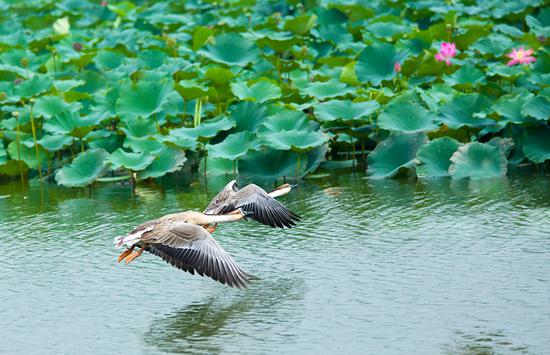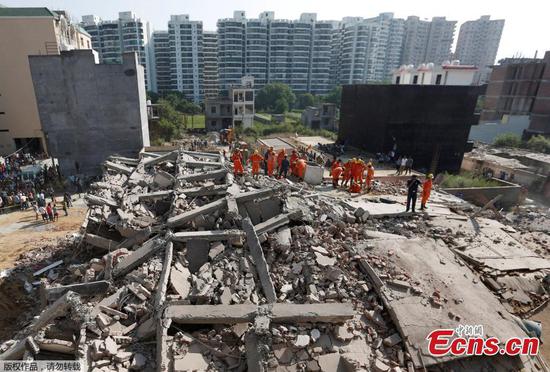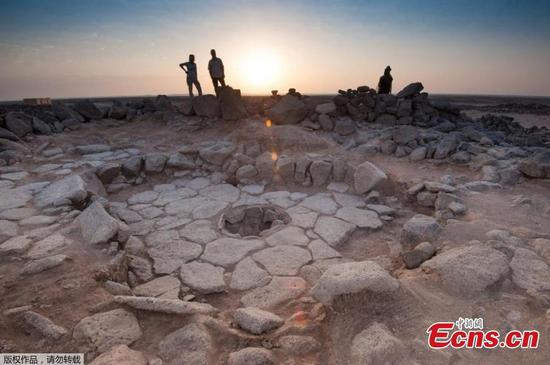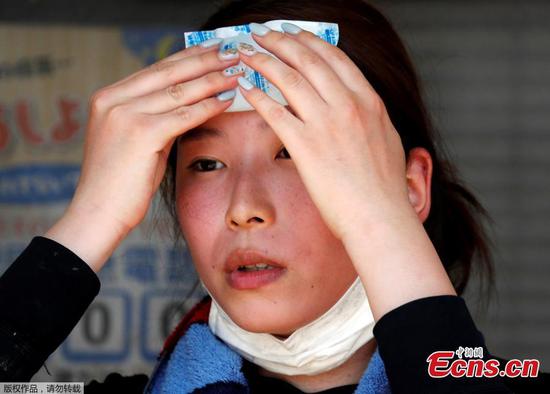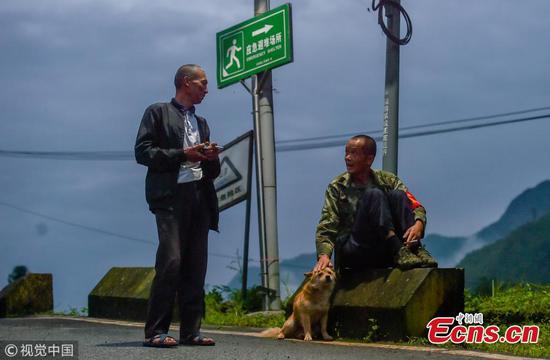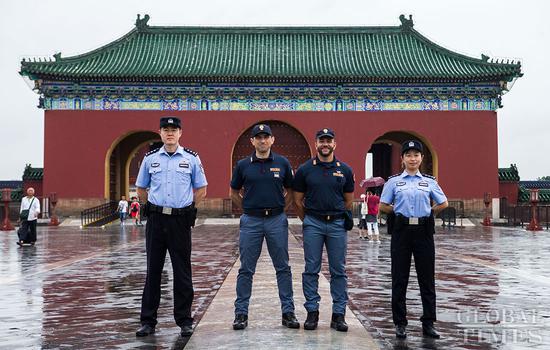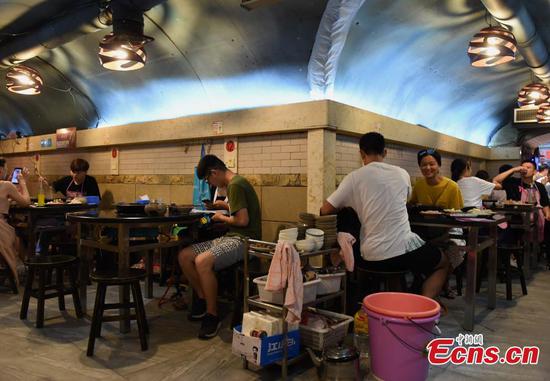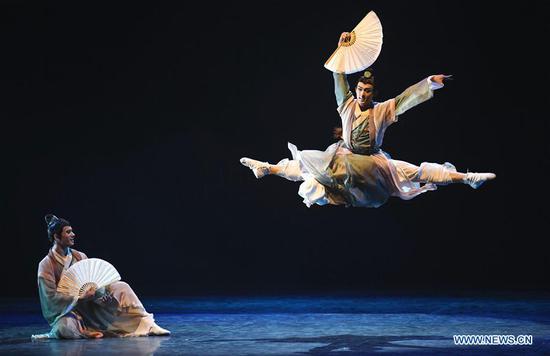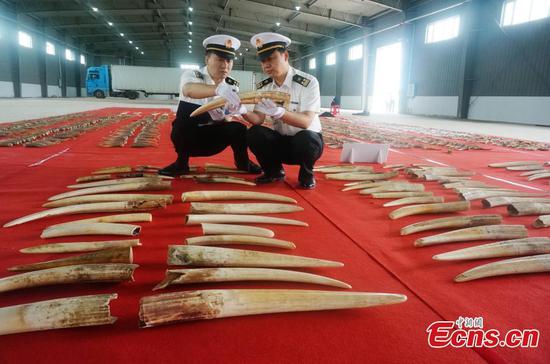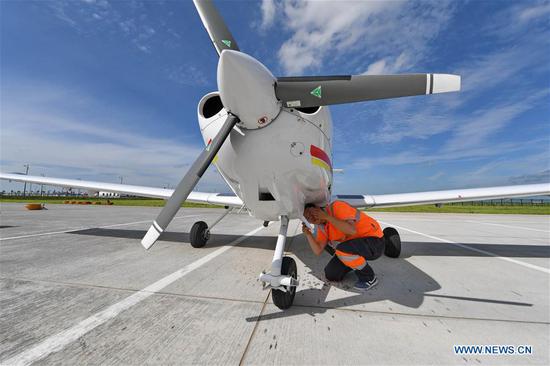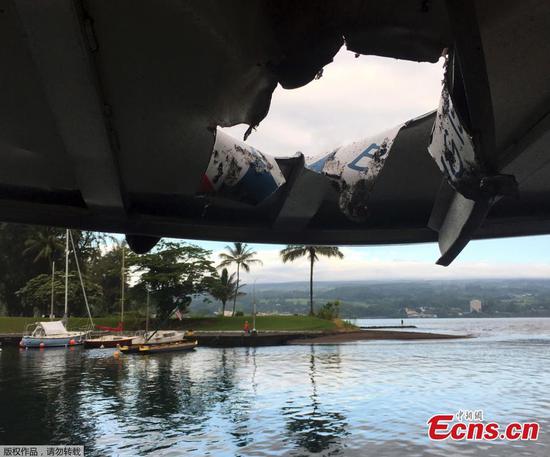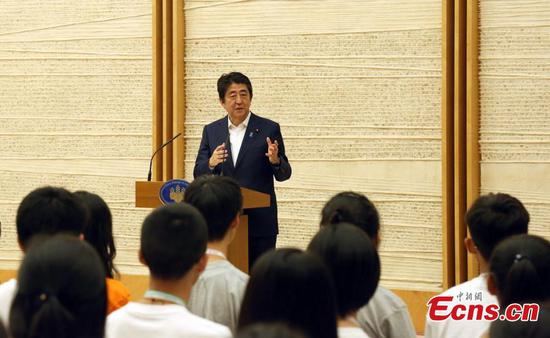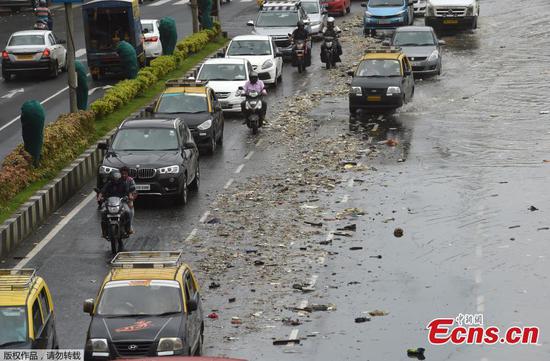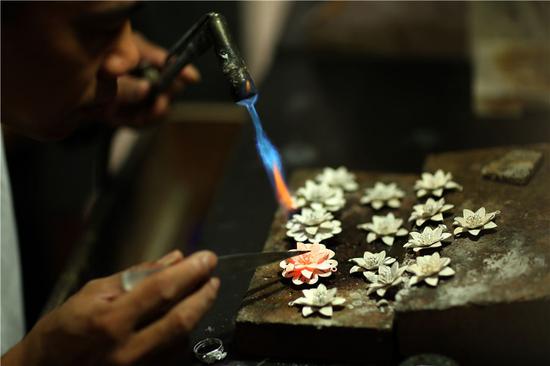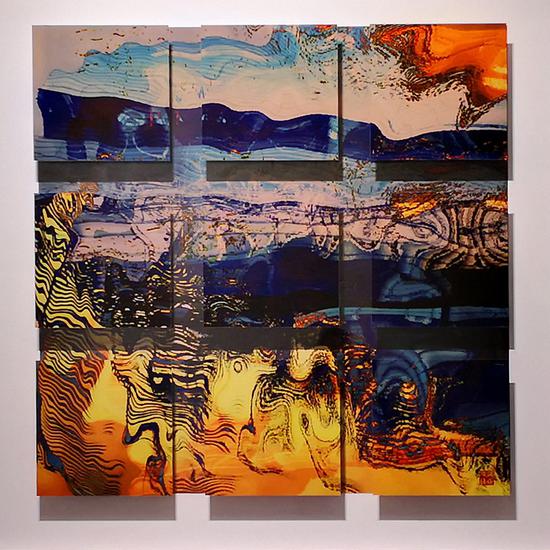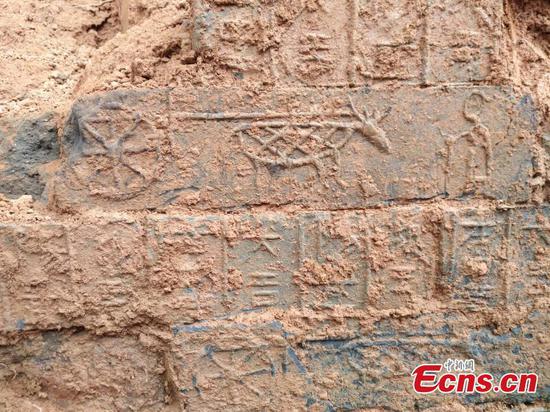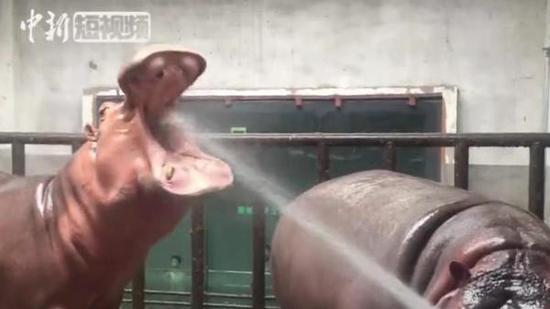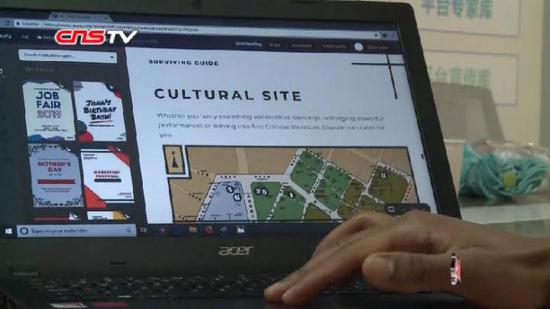A new Chinese-language radio channel was born in Dubai on Tuesday, as part of the "Hala China" initiative, a campaign launched by local conglomerates that aims to grab a piece of the fast-growing Chinese tourist market to the Middle Eastern city.
The campaign was officially launched on Sunday, with a Belt and Road initiative-themed musical shown in the Dubai Opera. A new Chinese-language hotline and concierge service for visitors also started up this week, according to Meeras, one of the Dubai companies responsible for the campaign.
Meeras is a conglomerate which works mostly in real estate development.
Dubai is the financial center and largest city in the United Arab Emirates (UAE), also one of the most popular tourist destinations in the Middle East, with 15.8 million visitors in 2017, according to Dubai's Department of Tourism.
The Dubai government has launched a campaign aiming to raise that number to 20 million tourists by 2020. A key target of the strategy is the Chinese market, which has been growing strongly in recent years. Chinese visitors to Dubai increased 41 percent to 764,000 in 2017, fueled in part by a new visa-free policy for Chinese visitors.
Many Chinese tourists are attracted to Dubai's exotic sights. "There's much to like about Dubai," a young Chinese surnamed Tao who visited Dubai told the Global Times Wednesday.
"There are many luxury products that are not available in China, especially jewelry. The hotels are also very luxurious, especially the seven- and eight-star hotels. The desert environment is also fun to explore, and you can find food from many countries such as Syria or Afghanistan that are too dangerous to visit in person, so Dubai provides a great travel experience," she said.
However, there are also issues with services such as taxis offered in hotels, which can be confusing and don't have transparent pricing, Tao noted.
To help improve the services available to Chinese tourists, Dubai's government and business community have sought to ensure Chinese tourists feel more comfortable in Dubai and have tried to make the travel experience as seamless as possible.
Earlier this year, the Dubai Tourism Department reached agreements with Chinese technology giants such as Alibaba, Huawei and Tencent, through which it intends to create a more convenient environment for Chinese travelers. These agreements support mobile payments, among other services.
The effort appears to be paying off.
"Chinese visitors to Dubai in the first eight months of 2018 have increased more than 20 percent," a representative of Chinese travel site lvmama.com told the Global Times Wednesday. "Dubai appeals especially to couples and young families, who are attracted to its shopping opportunities and diverse environment," he said.









